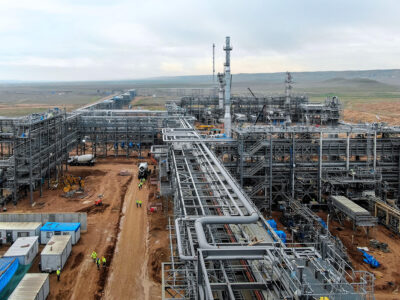China is still looking to coal to provide for its energy needs, but it’s trying to find a cleaner way of using the resource.
The establishment of the Clean Energy Commercialisation Centre (CECC) is a start. It will be a joint project between BP and the Chinese Academy of Sciences (CAS), although at this stage it is little more than a recently-signed memorandum of understanding (MoU).
As coal accounts for more than 70% of China’s total energy consumption, cleaner use of it is considered critical for the sustainable development of the Chinese economy. The stated aim of the CECC is ‘to accelerate the development in China of clean coal conversion technologies’.
How? Well, according to a BP statement, commercialising some key technologies and trying them out in large-scale demonstration projects is the way forward. Coal will be used as the feedstock in these projects, which are looking to produce fuel, chemicals and power.
The CECC will also serve a co-ordination role, combining research and development from CAS institutes and other organisations, from both China and elsewhere. The final target is the creation of commercially viable ideas that can add to China’s clean energy development and energy security. As a major consumer of Middle East oil, anything that has an impact on the country’s energy demand could have an impact elsewhere too, a point not lost on BP.
“Given the increasingly important role China plays in the global economy, China’s choice and efforts in promoting new and cleaner energy applications will have a profound impact on both the future of the Chinese economy and the global energy market,” said Iain Conn, BP managing director and chief executive, Refining and Marketing.







